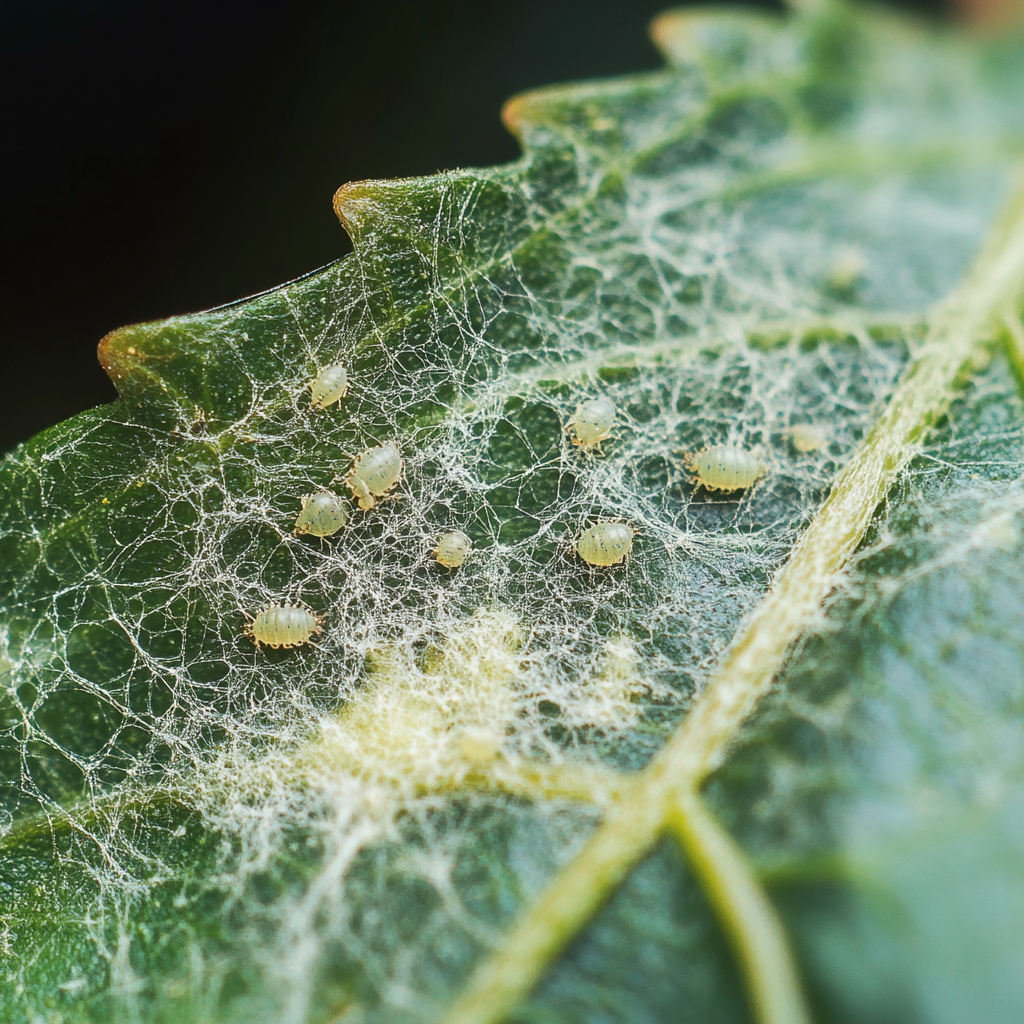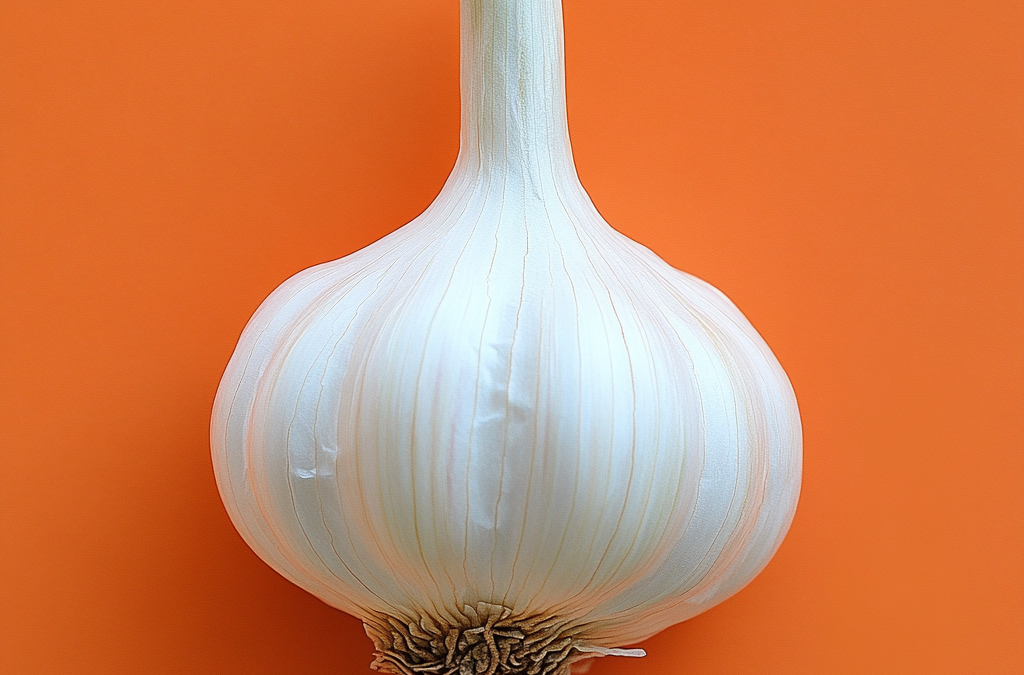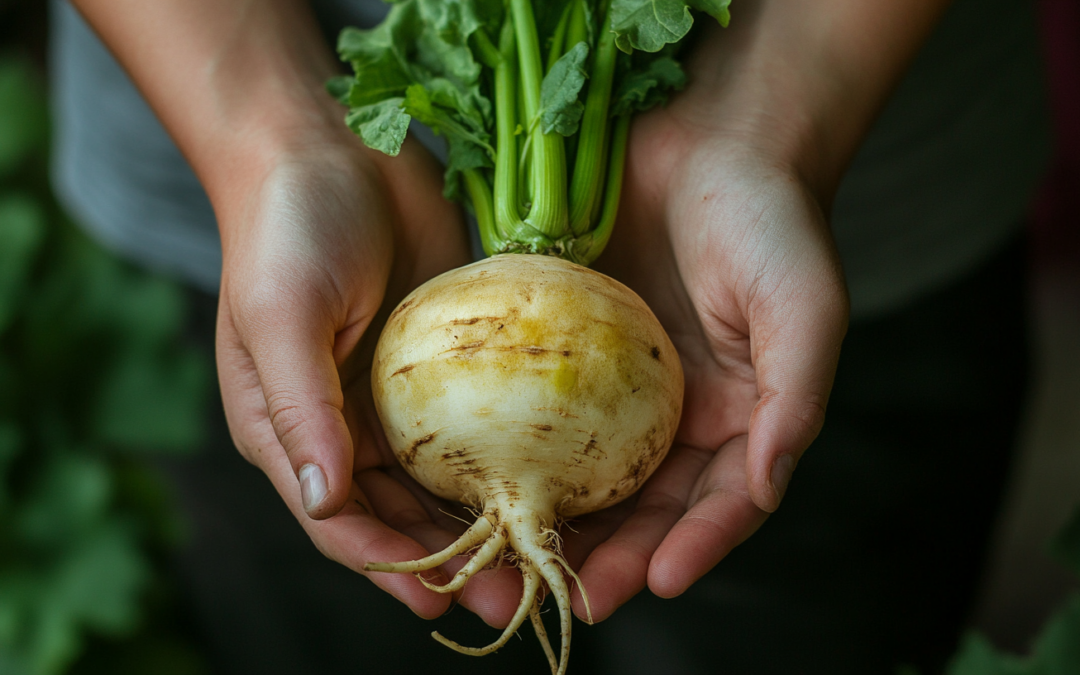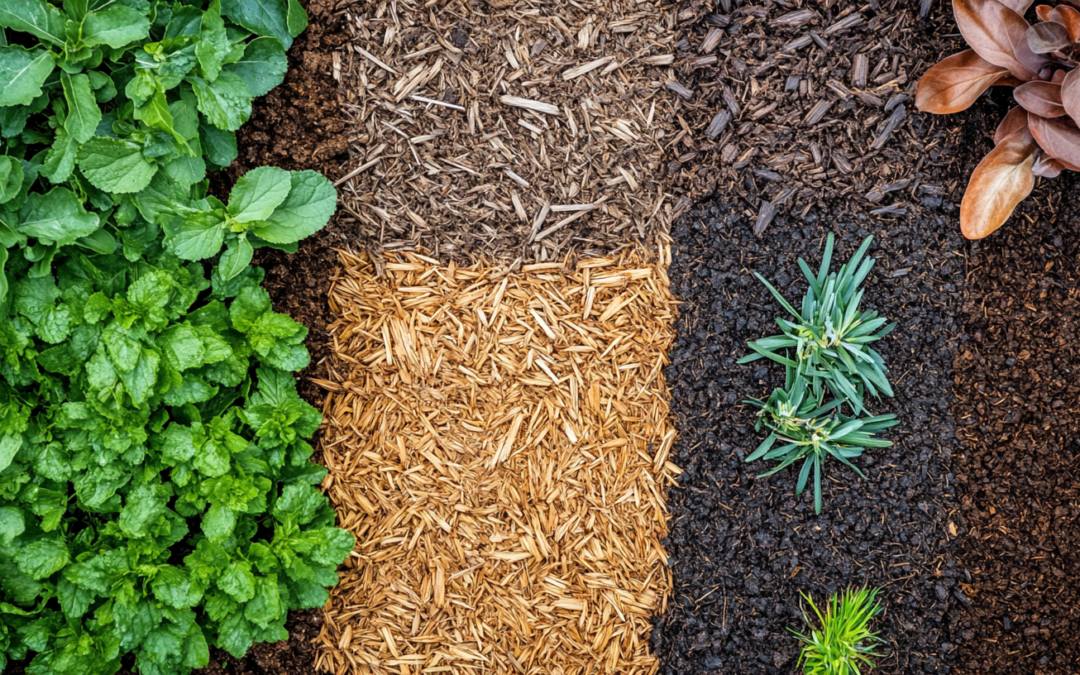Whether you’re a seasoned gardener or just starting with houseplants, pests can be a frustrating challenge. Fortunately, many common plant pests can be managed with natural solutions, avoiding harmful chemicals and keeping your plants healthy. Here’s a guide to the top 10 plant pests and how to deal with them organically.
1. Aphids
Aphids are tiny, soft-bodied insects that suck the sap from plants, causing leaves to curl and yellow. They can be green, black, or even red, and they often leave behind a sticky residue called honeydew.
Natural Remedies:
- Soap Spray: Mix a few teaspoons of mild dish soap with water and spray it on the affected areas. This suffocates aphids without harming your plant.
- Neem Oil: This natural insecticide works by disrupting aphids’ feeding and reproduction cycles.
2. Spider Mites
Spider mites are tiny arachnids that create fine webbing on plants and cause yellowing or speckled leaves. They thrive in dry, dusty environments.
Natural Remedies:
- Water Spray: Regularly rinse the leaves with a strong stream of water to dislodge mites.
- Neem Oil: Spray neem oil on the plant, focusing on the undersides of the leaves where mites often hide.
3. Mealybugs
Mealybugs are small, white, cotton-like insects that feed on plant sap, leaving behind a sticky residue. They can cause plant wilting and stunt growth.
Natural Remedies:
- Rubbing Alcohol: Dip a cotton swab in rubbing alcohol and apply it directly to mealybugs. The alcohol will kill them on contact.
- Neem Oil: Spray neem oil as a preventative measure to keep mealybugs at bay.
4. Whiteflies
Whiteflies are small, flying insects that gather on the undersides of leaves. They suck plant sap, leading to yellowing and weakening the plant.
Natural Remedies:
- Yellow Sticky Traps: These traps attract and catch adult whiteflies, reducing their population.
- Insecticidal Soap: A mixture of soap and water can kill whiteflies without harming your plant.
5. Scale Insects
Scale insects are small, oval-shaped pests that attach themselves to plant stems and leaves. They appear as small bumps and can be brown, black, or even yellow.
Natural Remedies:
- Rubbing Alcohol: Wipe the affected areas with a cotton ball soaked in rubbing alcohol to remove the scale insects.
- Neem Oil: Spray neem oil to kill both adult scales and their larvae.
6. Fungus Gnats
Fungus gnats are small, flying insects that are attracted to moist soil. Their larvae feed on plant roots, causing damage and slowing growth.
Natural Remedies:
- Dry Out the Soil: Let the top layer of soil dry out between waterings to discourage fungus gnats.
- Beneficial Nematodes: These microscopic worms target and kill fungus gnat larvae without harming plants.
7. Thrips
Thrips are tiny, slender insects that feed on plant sap, causing silver streaks or black specks on leaves. They can also transmit plant viruses.
Natural Remedies:
- Yellow Sticky Traps: These traps can help catch adult thrips.
- Neem Oil or Insecticidal Soap: Spray affected plants with neem oil or insecticidal soap to kill thrips.
8. Slugs and Snails
Slugs and snails are notorious for munching on leaves, leaving behind slimy trails and irregular holes in the foliage.
Natural Remedies:
- Beer Traps: Place a shallow dish of beer near your plants. Slugs and snails will be attracted to it and drown.
- Copper Tape: Surround your plants with copper tape. The metal irritates the pests, preventing them from reaching the plants.
9. Root Aphids
Root aphids attack plant roots, causing wilting, yellowing, and stunted growth. These pests are hard to spot since they live underground.
Natural Remedies:
- Beneficial Nematodes: These microscopic worms can be introduced into the soil to target root aphids.
- Neem Oil Soil Drench: Use a diluted neem oil solution to treat the soil and kill aphids.
10. Caterpillars
Caterpillars are the larvae of moths and butterflies, and they can cause significant damage to leaves by eating holes or entire sections.
Natural Remedies:
- Handpicking: If you spot caterpillars on your plants, remove them by hand and relocate them away from your garden.
- Diatomaceous Earth: Sprinkle diatomaceous earth around your plants. This natural powder is abrasive to caterpillars and other pests, causing them to dehydrate and die.
Preventing Future Pests
The best way to keep your plants pest-free is by preventing infestations in the first place. Here are a few tips:
- Inspect New Plants: Always check new plants for pests before bringing them into your home or garden.
- Maintain Healthy Plants: Healthy plants are less likely to attract pests, so make sure your plants get the right amount of light, water, and nutrients.
- Keep Your Garden Clean: Regularly remove dead leaves and debris, which can harbor pests.
By using these natural remedies and preventative measures, you can keep your plants healthy and thriving without relying on harsh chemicals. Happy gardening!



